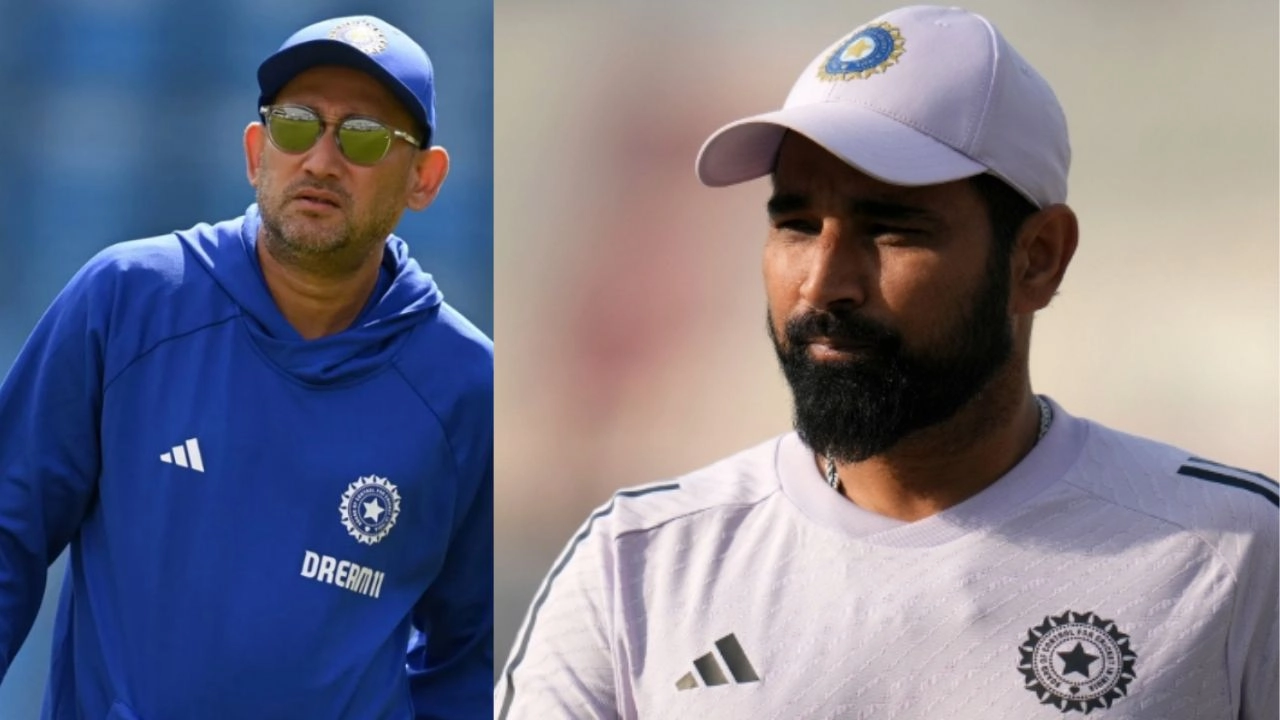Heinrich Klaasen, a prominent figure in the world of cricket, recently made headlines with his unexpected comments regarding his retirement from the sport. In a candid revelation, Klaasen expressed a surprising indifference towards the outcome of his team’s victories and defeats. His statement, “Didn’t care whether the team won or not,” has left fans and analysts alike pondering the motivations and emotions that drive athletes at the pinnacle of their careers. This unexpected perspective sheds light on the often-unspoken pressures faced by professional players and raises questions about the intrinsic motivations behind their participation in the game.
Klaasen’s remarks suggest a deeper reflection on the personal journey of an athlete. While many players are driven by the desire for victory and the glory that comes with it, Klaasen’s approach seems to prioritize personal fulfillment over collective success. This departure from conventional thinking challenges the traditional narrative that winning is the ultimate goal in sports. Instead, Klaasen emphasizes the importance of enjoying the game for what it is—a passion and a means of personal expression. Such a mindset can be liberating for athletes, allowing them to engage with the sport in a more authentic and meaningful way, free from the weight of external expectations.
Furthermore, Klaasen’s comments prompt a broader discussion about the mental health and well-being of athletes in competitive sports. The pressure to perform and the fear of failure can lead to burnout and anxiety, often overshadowing the joy that initially drew players to the game. By openly sharing his feelings, Klaasen encourages a more nuanced understanding of what it means to be a professional athlete. His perspective serves as a reminder that while competitive sports are inherently about winning, they can also be about personal growth, enjoyment, and the love of the game. This shift in focus may inspire other players to reevaluate their own relationships with sport, fostering a healthier, more sustainable approach to their careers.
In conclusion, Heinrich Klaasen’s shocking comments about his retirement reveal a refreshing perspective on the nature of competitive sports. By prioritizing personal joy and fulfillment over the traditional emphasis on winning, Klaasen challenges both himself and others to reconsider what it truly means to be an athlete. His insights not only enrich the conversation around sportsmanship but also highlight the importance of mental well-being in athletics. As more players begin to embrace this mindset, the landscape of professional sports may evolve into a more supportive and enjoyable arena for all involved.




